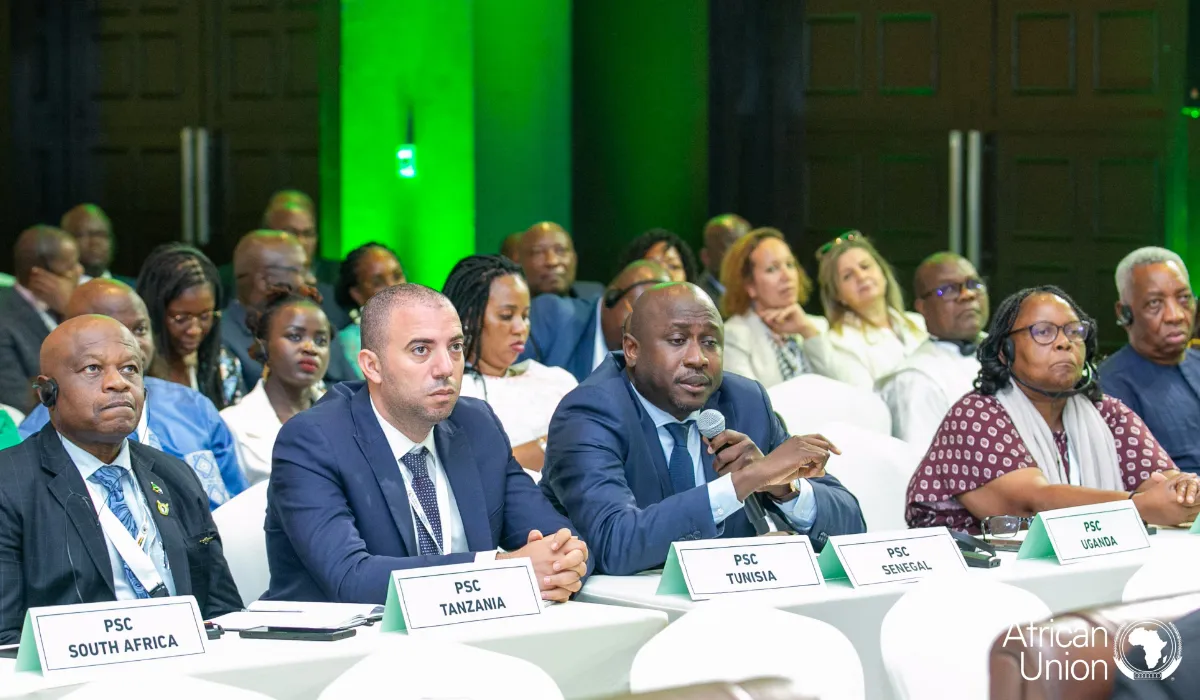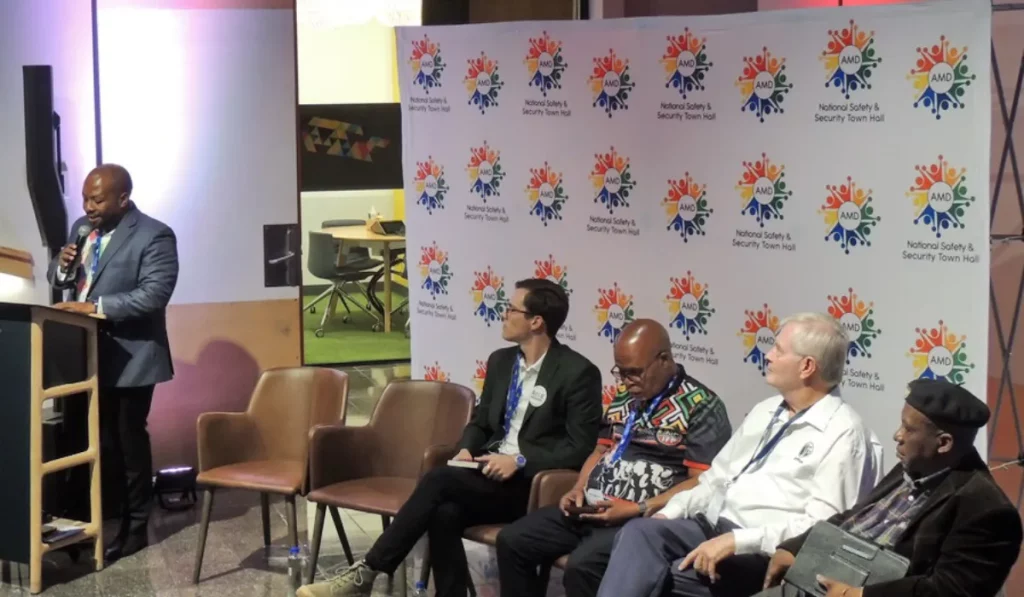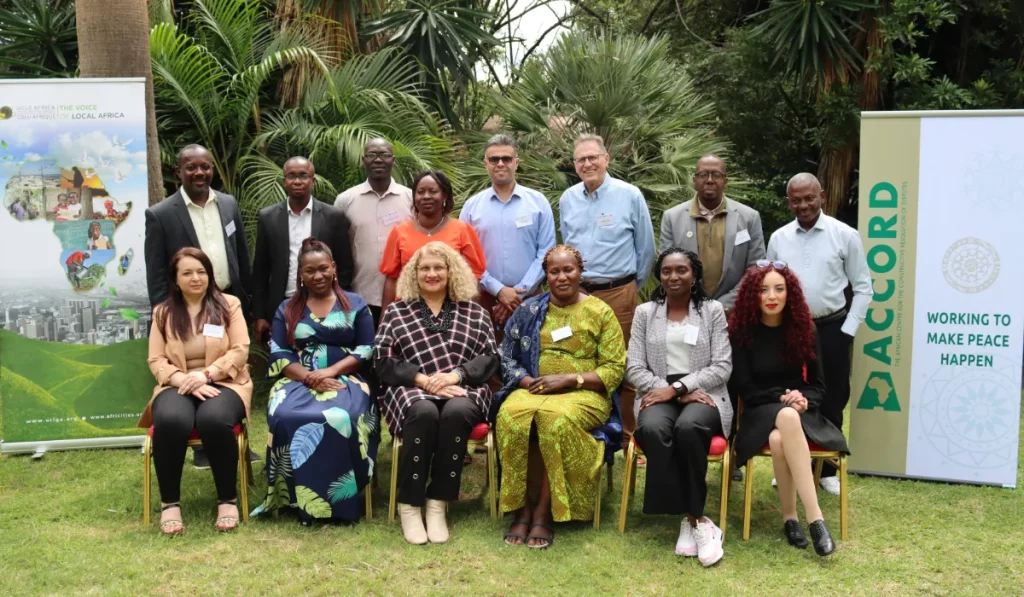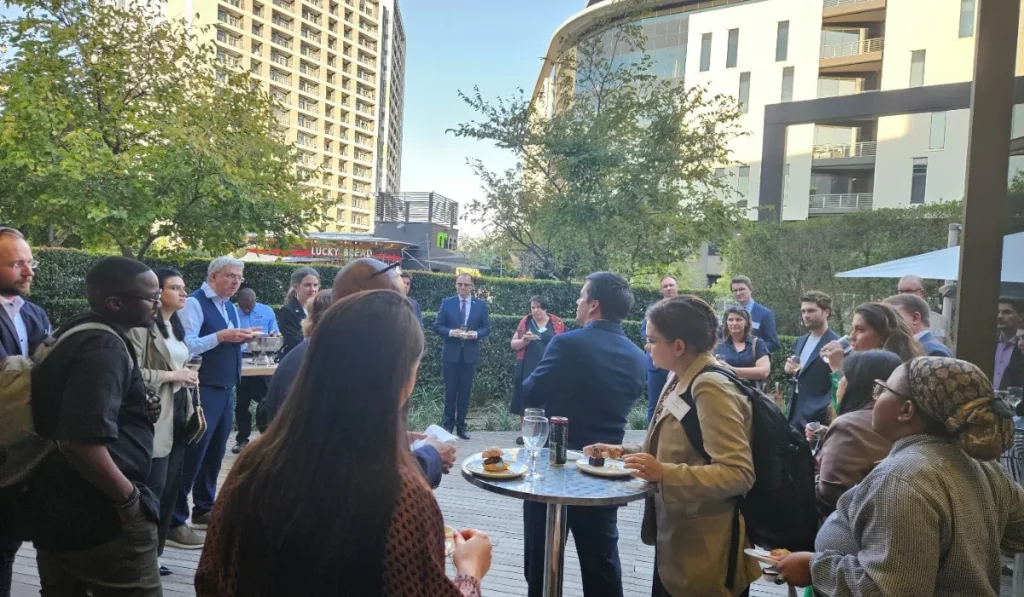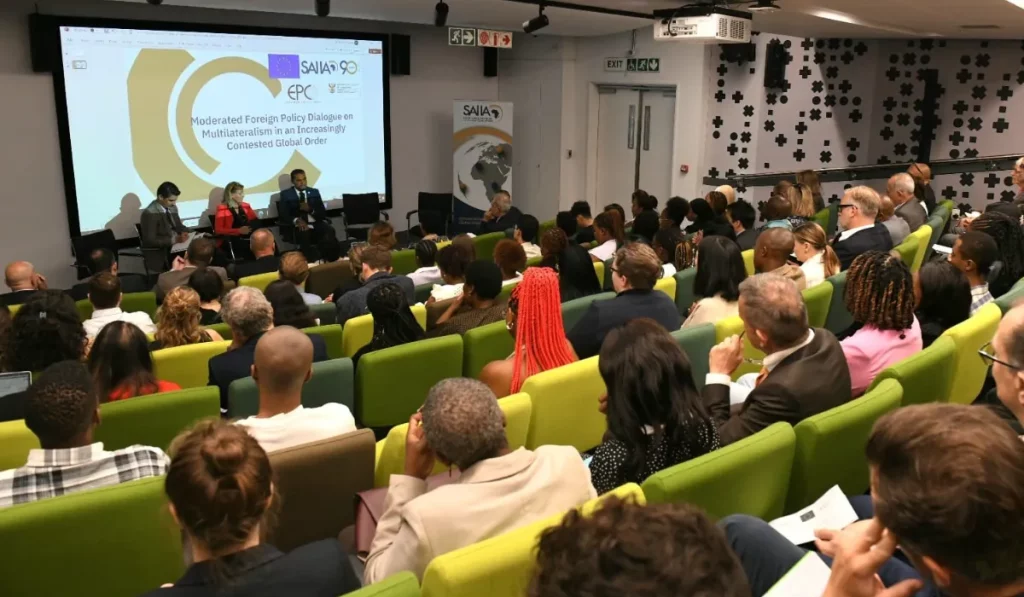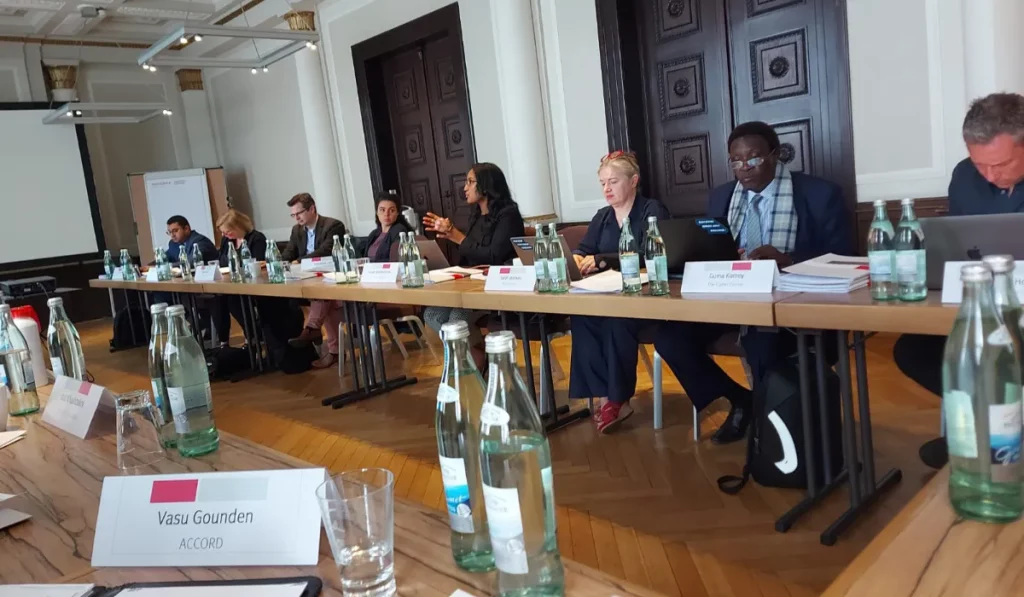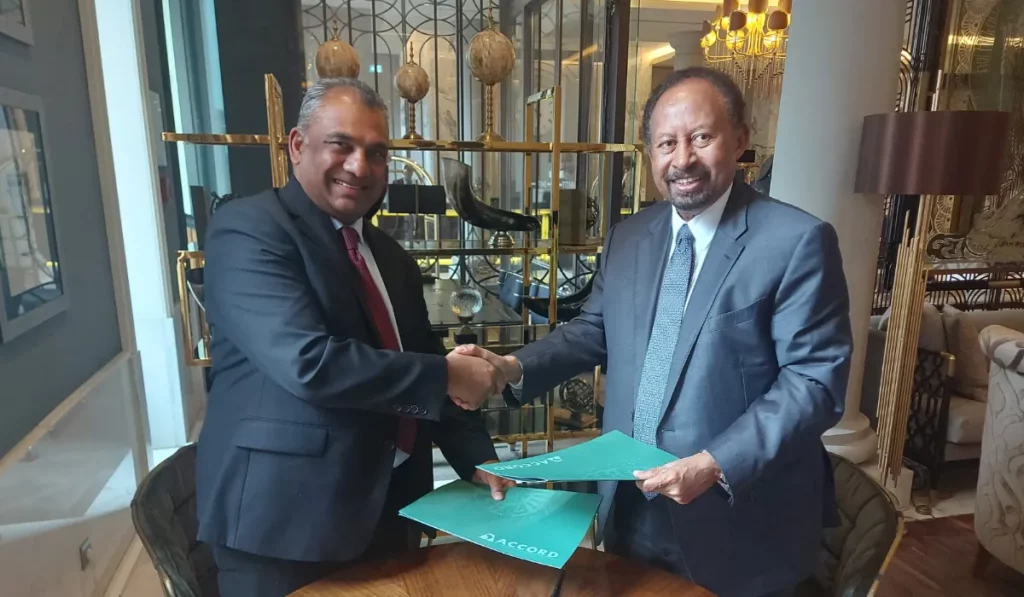From 18–19 March 2024, the African Union (AU) Convened the Second Reflection Forum on Unconstitutional Changes of Government, which took place in Accra, Ghana. ACCORD, as a member of the Training for Peace (TfP) Programme, helped support the Forum, upon the request of the African Union Commission (AUC) – Governance and Conflict Prevention Programme.
The Forum, which was held under the theme, “Robust Response, Deepening Democracy, Sustainable Security”, followed on from the 2022 Accra Declaration on UCGs in Africa and the 2022 Malabo Declaration on Terrorism and UCGs in Africa. The purpose of the Forum was to reflect on the changes to the landscape of UCGs since the first Accra and Malabo declarations. In particular, it was prompted by the recent wave of forced removals and overthrowing of constitutionally elected governments across Africa, which has led to the suspension of six AU member states at the time of writing (namely: Burkina Faso, Gabon, Guinea, Mali, Niger and Sudan). The Reflection Forum was opened by H.E. Nana Addo Dankwa Akufo-Addo, President of Ghana, and attended by representatives of AU member states, members of the AU Peace and Security Council (PSC) and other regional bodies, academics, and members of civil society.
The discussions at the forum focussed on the causes of UGGs, their effects, and the steps being taken by intergovernmental institutions to prevent them, mitigate their effects, and transition back to civilian rule. Most participants who made contributions agreed that state sovereignty should not be a barrier to condemnation and legal sanctions in the case of UCGs. Several participants also agreed that the definition of UCGs should take into account attempts made by individuals in governments to alter or flout the constitution to prolong one’s time in office or otherwise retain power. This is significant as it broadens the range of cases that are traditionally considered to warrant intervention by intergovernmental bodies or neighbouring states. Some speakers also stressed the need to include national citizens in interventions, particularly in the prevention of UCGs and transition back to civilian rule.
ACCORD continues to engage with key stakeholders in bolstering the institutional responses to, and awareness of the frameworks for combating UCGs in Africa. Support for this forum follows a dialogue co-hosted by ACCORD and APRM which explored UCGs and the 2023 Africa Governance Report. Such policy dialogues are a key avenue through which ACCORD continues to enhance the roles of the AU and Regional bodies in resolving complex conflicts.

